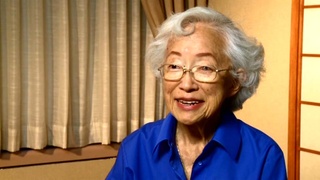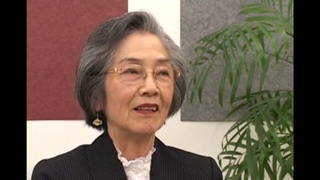Interviews
On being thought of as a Japanese person (Japanese)
(Japanese) Of course, it comes down to my being Japanese. If you’re in a foreign country, for instance, Japanese food is one of these things that no matter how many years pass still tastes the best to me. Even the books I read, Japanese books still seem to be easier for me to read, yes. Well, I’m Japanese. And given that, as a Japanese living for a long time in a foreign country, if something happens, I have really no choice but to be labeled as Japanese. So if I do something bad, people are going to start saying, “oh, Japanese do this kind of thing.” If I do something good, people are going to start saying, “oh, Japanese do that kind of thing.” Naturally, in both my conscious and subconscious, I am “Japan”. I am a representative, and while I’m operating in a foreign country, I have to live a self-conscious lifestyle, yes. And so, regardless of the things that I strongly believe or don’t believe in, I’m always in an environment where people tend to judge me.
Date: May 7, 2007
Location: California, US
Interviewer: Yoko Nishimura
Contributed by: Watase Media Arts Center, Japanese American National Museum





